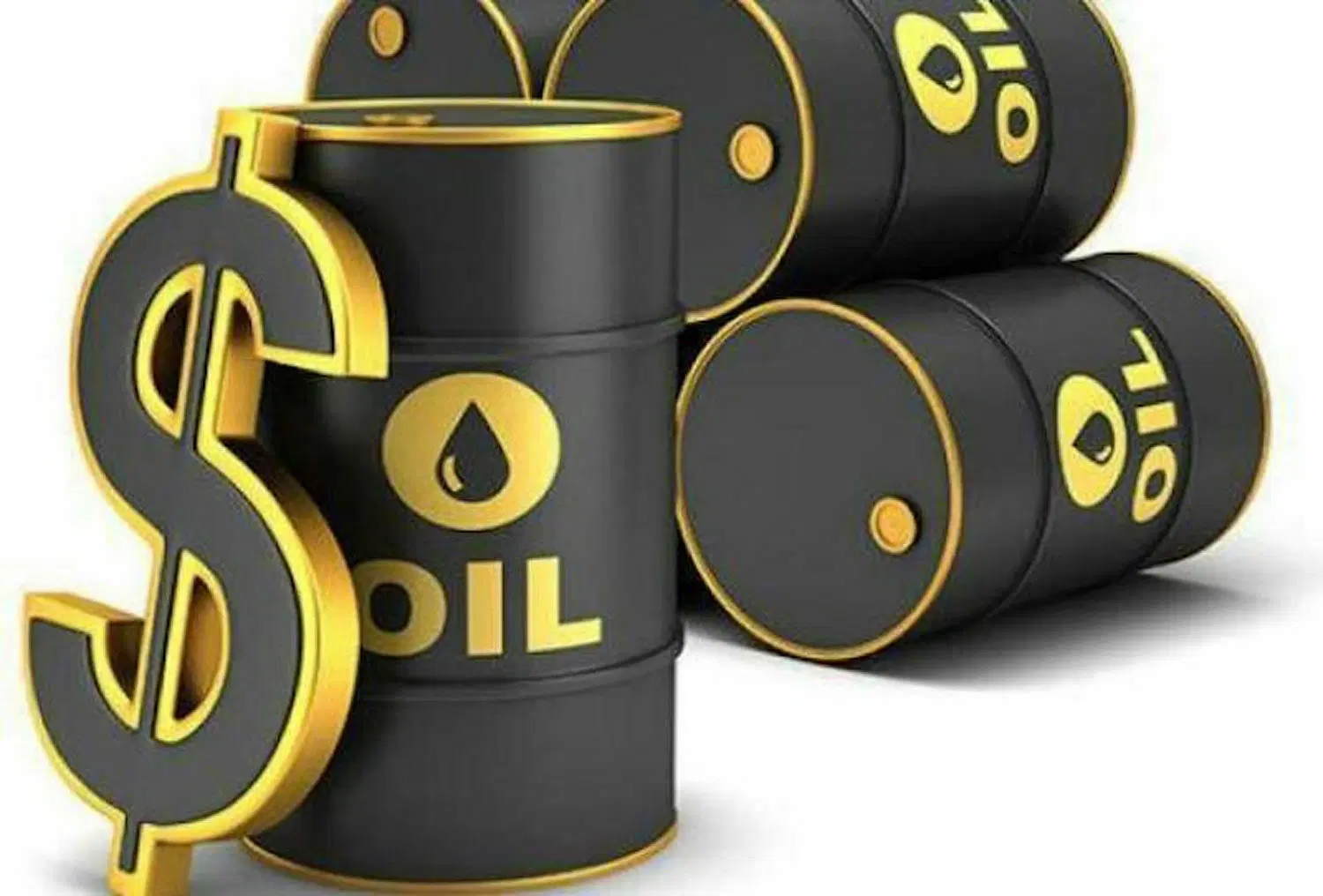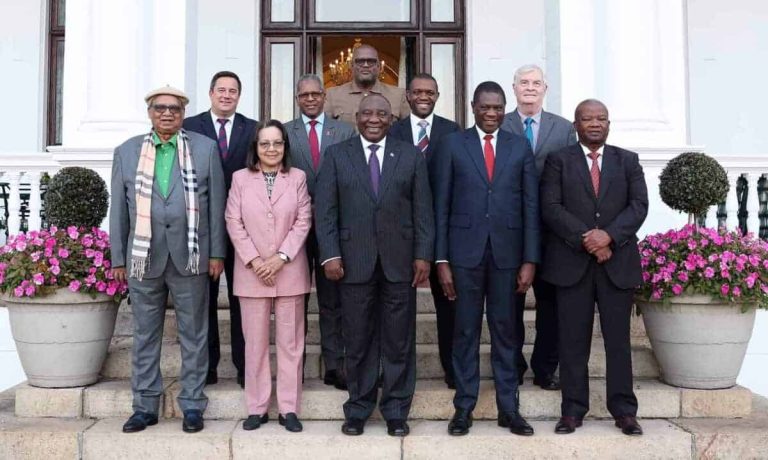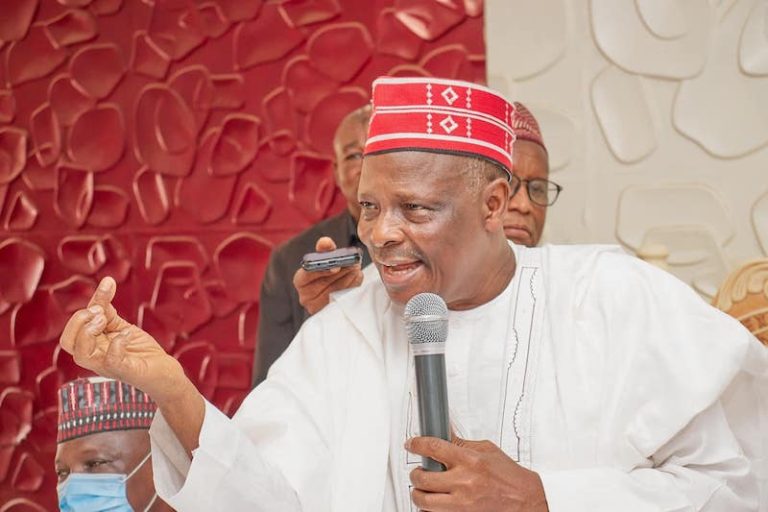
Oil prices climbed for a second consecutive session on Wednesday, buoyed by fresh supply concerns and a surprising shift in Nigeria’s monetary policy stance, after the Central Bank cut its benchmark interest rate for the first time in half a decade.
Brent crude rose by 19 cents or 0.3% to $67.82 per barrel as of 5:00 AM WAT, building on Tuesday’s $1 rally, which was driven by geopolitical gridlock in Iraq’s Kurdistan region. A stalled deal to resume oil exports from the area has kept pipeline shipments to Turkey on hold, as key producers insist on debt repayment guarantees before restarting flows.
Further tightening came from the United States, where crude oil inventories dropped by 3.82 million barrels last week, according to sources cited by Reuters. Gasoline stocks also fell by 1.05 million barrels, while distillate inventories saw a modest rise of 518,000 barrels.
Chevron’s operations in Venezuela added to the global supply crunch, with reports indicating the U.S. oil major may only be able to export around half of the 240,000 barrels per day it produces in partnership with local firms.
Despite these global disruptions, Nigeria’s oil output has continued to trend upwards. The Central Bank Governor, Olayemi Cardoso, disclosed on Tuesday that daily production averaged 1.68 million barrels in Q2 2025 Nigeria’s highest quarterly figure since 2022. Data from the Nigerian Upstream Petroleum Regulatory Commission (NUPRC) also confirmed a 9.9% year-on-year rise in July 2025, with production reaching 1.71 million barrels per day. This includes 1.507 million barrels of crude oil and 204,864 barrels of condensates.
CBN Cuts Interest Rate to 27% in Bold Policy Pivot
In a move aimed at stimulating economic growth, the Central Bank of Nigeria on Tuesday trimmed its Monetary Policy Rate (MPR) by 50 basis points from 27.5% to 27%. This marks the first rate cut in five years, signaling a cautious but notable policy shift as inflation shows signs of moderation.
The naira saw marginal appreciation in the official foreign exchange market following the rate announcement. By Tuesday’s close, the currency traded at ₦1,487.36 per dollar, a slight gain from ₦1,488.60 on Monday. This reflects a 0.08% uptick, based on CBN data.
The parallel market also held steady, with street traders quoting the naira at ₦1,515 per dollar. Over the previous week, the local currency had shown strength across both official and unofficial windows. At the Nigerian Foreign Exchange Market (NFEM), the naira appreciated by 0.91% week-on-week, closing at ₦1,487.90, a gain of ₦13.60. In the black market, it improved by 0.66%, settling at ₦1,525 per dollar.
According to research by Coronation Merchant Bank, the naira’s resilience has been largely underpinned by sustained CBN interventions and increased foreign portfolio inflows.
Market Outlook
While Nigeria benefits from increased oil production, uncertainty in global markets especially concerning U.S. Federal Reserve policy continues to cap gains in crude prices. Still, with tightening global supply and renewed investor confidence in Nigeria’s economy, the outlook remains cautiously optimistic.



